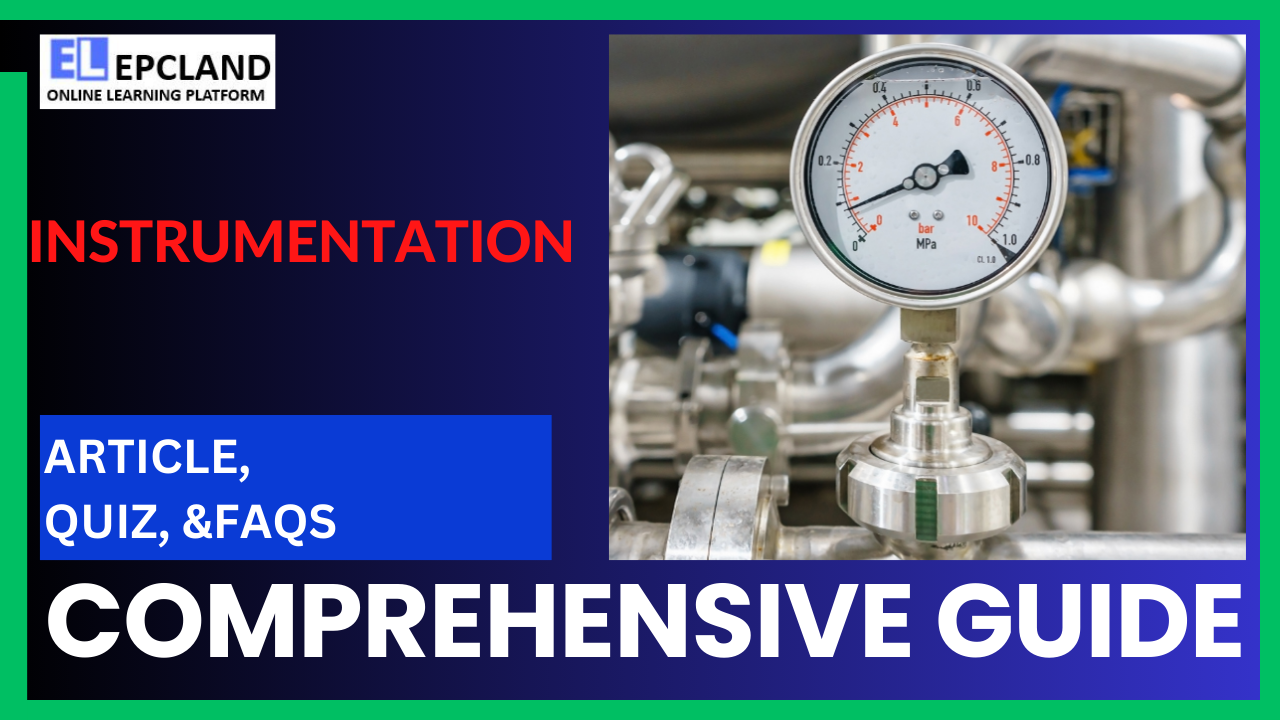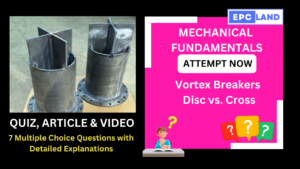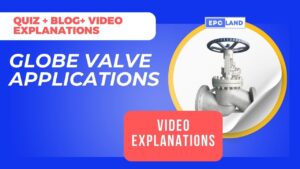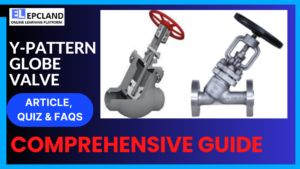Table of Contents
Detailed articles on Instrumentation
Complete Course on Piping Engineering
Following are the outlines of complete course on piping engineering.
1. It is online course
2. There are 450+ recorded lectures
3. It covers Basics, Layouts, Materials and stress analysis
4. It contained 100+ hours of recorded lectures
5. Once you enroll you will get the access to all 450+ recorded lectures
6. It contain 150+ quizzes also, which contains 20 MCQs each with explanations
7. It contains 45+ assignments in the form of quizzes
8. 100+ hours of content is divided into 40 short courses also, which can also be enrolled and same discount code is available for those also.
Check out the complete course on Piping Engineering
Click Here to check details.
Short Courses on Piping Engineering
Complete course has been divided into 40+ Short courses also, following are the important outlines
- These short courses cover a specific topic which are also part of complete course
- Short courses covers all the topics from Basics, Codes & Standards, Layout Engineering, Material Engineering & Stress Analysis
- Check out the published courses by clicking here
Check out the Short Courses on Piping Engineering
Click Here to check details.
Top YouTube Short videos published by EPCLand
- Piping Engineering II Scope & Role II Career Options II How to be Piping expert (45 Minutes)
- Codes, Standards, Specifications & Best Practices II Differences & Advantages (0.5 Hours)
- Stub-in & Stub-on II Pipe Branch Connections (15 minutes)
- Metallurgical Testing II Pipe Inspection & Testing (45 minutes)
- Non-Destructive Testing II Pipe Inspection & Testing (20 Minutes)
Top YouTube long videos published by EPCLand
- Piping Deliverables II Non-Deliverables II Piping Engineering
- Process Datasheet II Tank Data Sheet II Pump Data Sheet II Process Engineering (1 Hour)
- Part-1 II 2Minutes Funda Series II Piping Engineering (1.5 Hours)
- Part-2 II 2Minutes Funda Series II Piping Engineering (2 Hours)
- Questions & Answers II Piping Engineering II Set of 100 Q & A II Interview Questions (2 hours)
FAQs
FAQ 1: What are some common articles on piping engineering available on EPCLand?
- You can find articles on a wide range of piping engineering topics on EPCLand, including Steam Manifold, Sample Cooler, Transition Spool Piece, Chemical Injection Quill, Pig Launcher and Receiver, Insulation Gasket, Motor Operated Valve (MOV), Cone Strainer, Y-Type Strainer, T-Type Strainer, Corrosion Coupon, Hose Coupling, Flexible Hose, Flame Arrestor, Sight Glass, Steam Trap, and Strainer.
FAQ 2: What kind of details can I expect to find in these articles?
- Each article provides in-depth information about its respective topic. You’ll find explanations, diagrams, and practical insights related to the design, installation, and use of these piping components.
FAQ 3: Are there quizzes at the end of these articles?
- Yes, most of the articles on EPCLand include quizzes at the end. These quizzes are designed to test your understanding of the topic covered in the article.
FAQ 4: Where can I find information about piping engineering courses on EPCLand?
- Information about the top piping engineering courses available on EPCLand can be found in a dedicated section of the website. You’ll discover courses that cover various aspects of piping design, materials, and maintenance, providing valuable knowledge for professionals in the field.
FAQ 5: Are the articles on EPCLand suitable for beginners in piping engineering?
- Yes, many of the articles are beginner-friendly and provide foundational knowledge. However, there are also advanced articles for those with more experience in the field.
FAQ 6: Can I interact with experts or instructors while taking courses on EPCLand?
- EPCLand offers interactive courses where you can engage with instructors and fellow learners through discussion forums, Q&A sessions, and assignments.
FAQ 7: Are there any prerequisites for enrolling in piping engineering courses on EPCLand?
- Prerequisites may vary depending on the specific course. Some courses are designed for beginners, while others may require prior knowledge or experience in piping engineering. Check the course descriptions for details on prerequisites.



